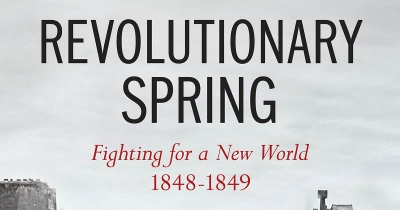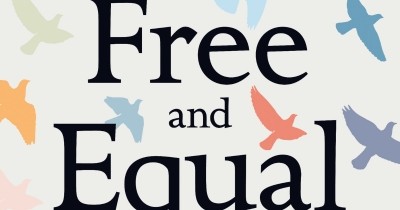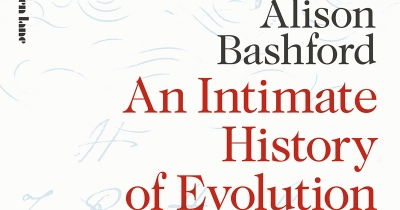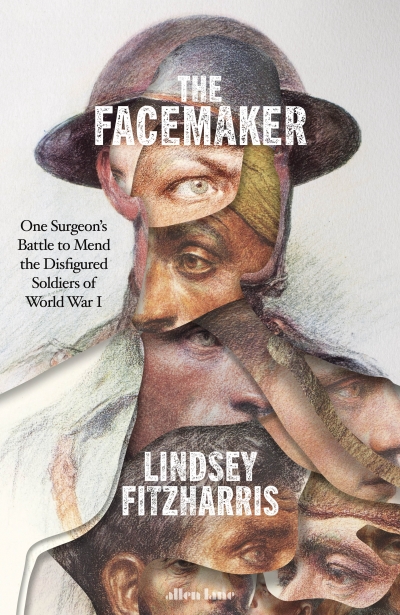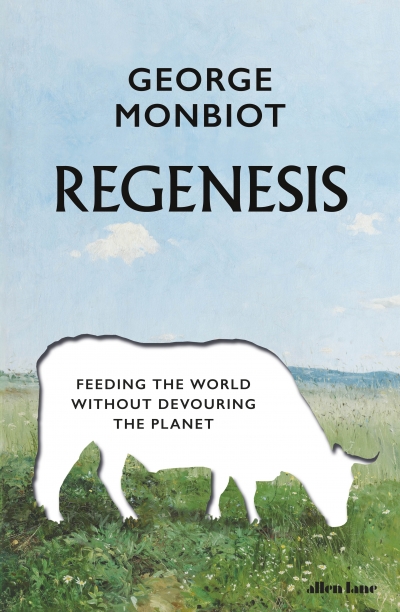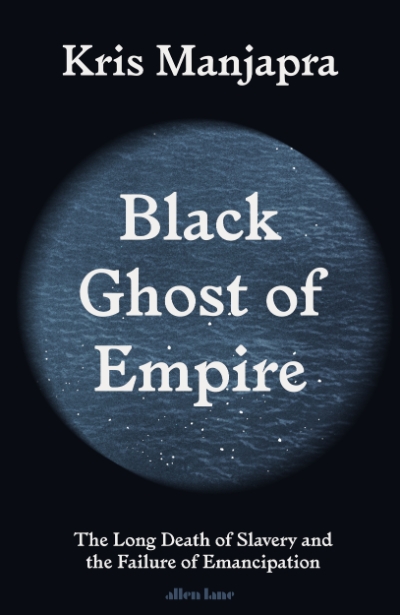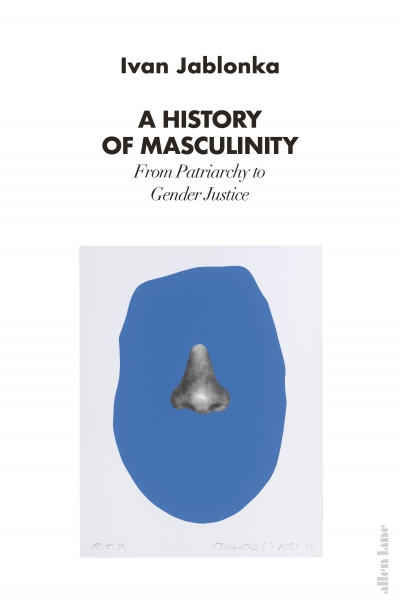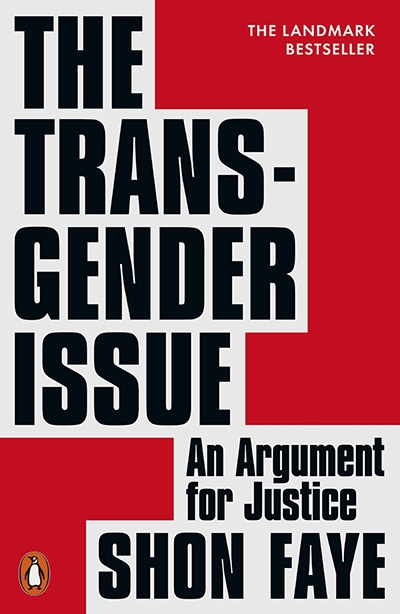Allen Lane
Revolutionary Spring: Fighting for a new world, 1848–1849 by Christopher Clark
by Peter McPhee •
Free and Equal: What would a fair society look like? by Daniel Chandler
by Glyn Davis •
An Intimate History of Evolution: The story of the Huxley family by Alison Bashford
by Gary Werskey •
The Facemaker: One surgeon’s battle to mend the disfigured soldiers of World War I by Lindsey Fitzharris
by Michael Winkler •
Black Ghost of Empire: The long death of slavery and the failure of emancipation by Kris Manjapra
by Georgina Arnott •
A History of Masculinity: From patriarchy to gender justice by Ivan Jablonka, translated by Nathan Bracher
by Shannon Burns •

